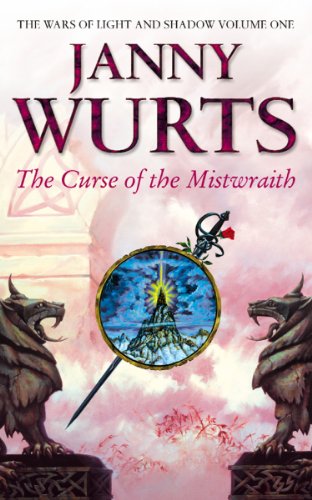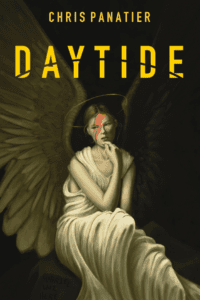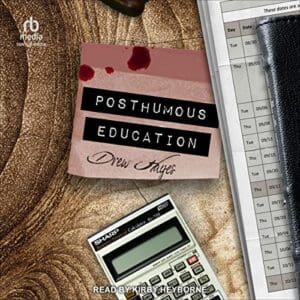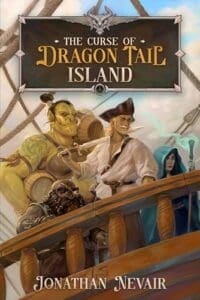Synopsis:

Let each who reads determine the good and the evil for himself
Athera is besieged by the Mistwraith, which blights the land and dims the mysteries guarded by the last fugitives of the old bloodlines.
But from a prophecy springs hope: the gifts of two brothers – one dark, one fair, raised on opposite sides of a relentless war – when paired may challenge the Mistwraith’s invasion, though at brutal cost…
Arithon, Master of Shadow, musician and mage, commands the power of illusion and darkness. Taken prisoner in battle, his fate falls to his half-brother, Prince Lysaer – a man endowed with the gift of light through the mother they share. Lysaer is the legitimate son of a king who was betrayed by his queen’s choice to father Arithon by his mortal enemy but that does not save him:
Vengeful fury drives the king to banish both Lysaer and Arithon from the world they know to the troubled realms of Athera beyond the Worldsend Gate.
The two exiles are thrown together by hatred and spilled blood – then bound by destiny to champion Athera’s sundered heritage. The highest stakes ride the backlash of their conflict – they must reforge their adverse ideals into balance, or destroy the etheric grace of a culture all but lost to antiquity.
A subtle and intricate tale of morality and difference, justice versus compassion, told with epic scope and real magic, Curse of the Mistwraith remains a modern classic of the fantasy genre.
Review:
Reading has been my favorite leisure activity since I was a child, and in that time, I’d imagine that I’ve read thousands of books. Of those thousands, there are a handful that linger in my thoughts and memories far longer than the rest, books that have written themselves into the marrow of my bones. The Curse of the Mistwraith by Janny Wurts is the most recent book to join that small list.
Of the story itself I’ll say little, for I would encourage anyone interested in the book and the series to do as I did and dive in relatively blind. There’s a surprise around every corner, and any effort on my part to provide my own synopsis will almost inevitably run afoul of one of those plot twists.
Indeed, it’s the unexpected nature of the story that first caught my attention. The very first scenes of the novel open up on the aftermath of a battle, a narrative choice that’s already rare, and continues to travel in surprising directions after.
My favorite way to approach a new book these days is with a bare minimum of knowledge. Most books I pick up are ones recommended to me by others I trust, and that’s all I care to know before cracking open a new spine. Even without having read synopses or reviews, though, most stories have familiar arcs.
The Curse of the Mistwraith defies those expectations in all the best ways, and kept me hooked, always curious what the next page would hold.
The Curse of the Mistwraith is about as epic as epic fantasy gets. It’s an enormous tome on its own, but it is only the opening salvo of the completed 11-novel Wars of Light and Shadowseries. The world is rich in history, magic, and characters. It feels well lived in and real, and I know I’m personally eager to continue exploring.
Beyond the surprises held within the story, my love for Mistwraith was established early by the prose. In just the one novel, Wurts has established herself as one of my favorite writers. Her writing is evocative and emotional, a treasure of detail and nuance. When reading Mistwraith I was simultaneously pulled relentlessly forward by the plot and transfixed by the writing. The care that went into every line is apparent, and it was a feast for my eyes and my imagination.
I’ve read other reviews of Mistwraith that have mixed feelings on the prose, and if I was to chime in, I would say this: Mistwraith is a book that rewards close attention. I think it could certainly be enjoyed as a (relatively) quick read, for the plot is always pulling readers forward, but it’s best appreciated if it is approached more carefully. In this sense, it reminds me of Malazan, although I will confess I always had a pretty good sense of what was happening in Mistwraith and that was not always true in Malazan.
Following closely behind my admiration of the writing is Mistwraith’s complex and ever-shifting relationship between the half-brothers Lysaer and Arithon. Both are nuanced, tragic figures, and the way in which their relationship evolves over the course of the story is honestly like nothing I’ve ever seen before. Mistwraith is an epic fantasy that still feels intensely personal. Even when Wurts turns the camera to another part of the world, that thread will always come back and affect the two brothers.
The Curse of the Mistwraith is already sure to be one of my favorite books of this year, which is not a term I throw around lightly. To hear Wurts’ fandom speak of the series, though, the stories only get better. I’m not sure how, but I’m eager to find out.







Leave a Reply